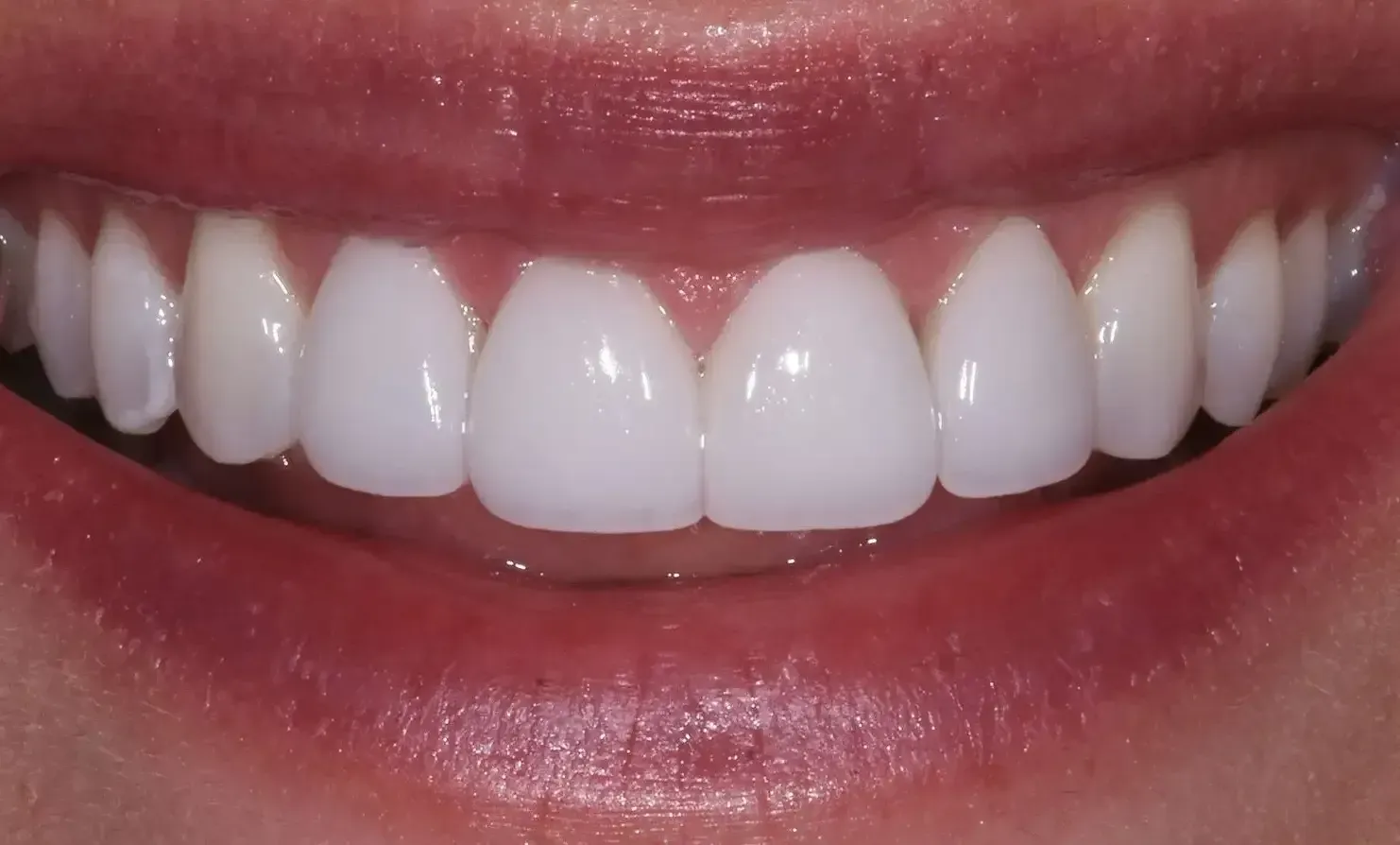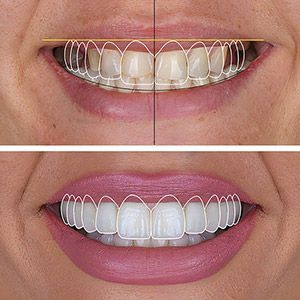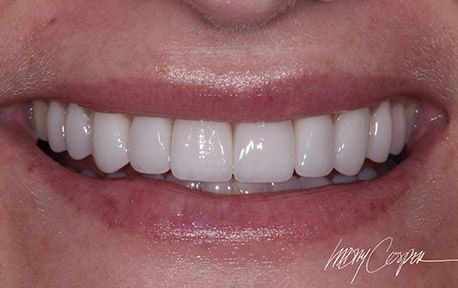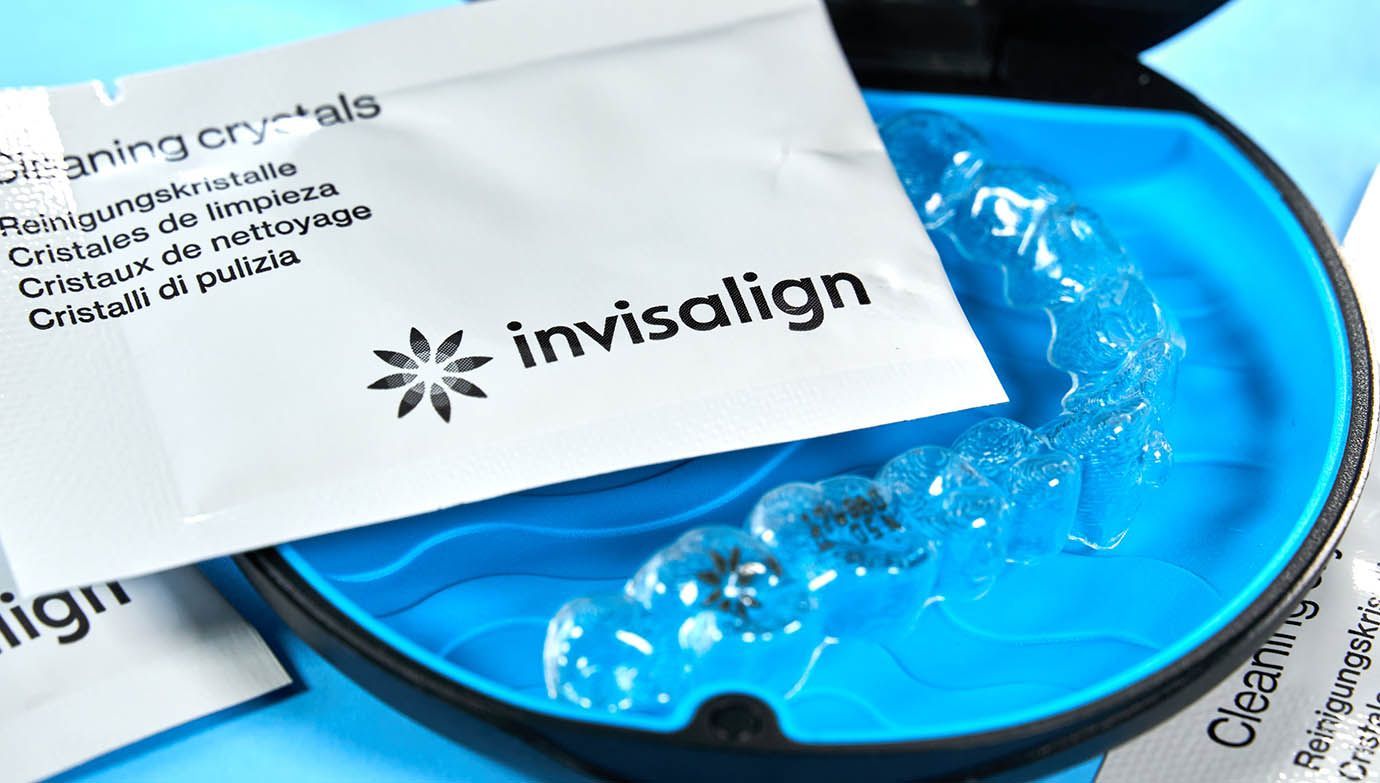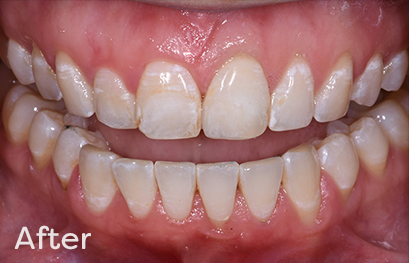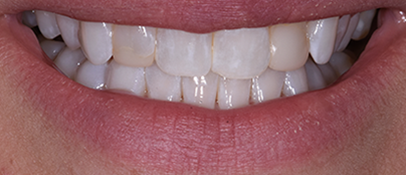Preventive Dentistry in Fort Collins, CO: Building a Lifetime of Healthy Smiles
Empowering Fort Collins Smiles: Preventive Dentistry for 2025 Wellness

In the vibrant community of Fort Collins, CO—home to Colorado State University and a growing population prioritizing wellness—preventive dentistry stands as the foundation of long-term oral health, helping residents avoid costly treatments while enjoying the active outdoor lifestyle Northern Colorado offers. Whether it's routine check-ups to catch early signs of decay or education on daily habits like flossing amid the city's craft beer scene, preventive care not only reduces the risk of serious issues but also aligns with national trends emphasizing proactive wellness in 2025. This article explores the essentials of preventive dentistry, key insights from recent studies on oral health trends, the broader impact of preventive services, and practical tips for Fort Collins families to maintain optimal smiles.
The Essentials of Preventive Dentistry for Fort Collins Residents
Preventive dentistry focuses on stopping problems before they start, encompassing regular cleanings, fluoride treatments, sealants, and patient education to combat common issues like cavities and gum disease—particularly relevant in Fort Collins, where hard water and outdoor activities can impact oral health. According to the American Dental Association (ADA) (https://www.ada.org/resources/ada-library/oral-health-topics/fluoride-topical-and-systemic-supplements), consistent preventive measures can reduce tooth decay by up to 40%, making it a cost-effective strategy for busy locals enjoying hiking in Horsetooth Reservoir or biking along the Poudre River.
Key preventive practices include:
- Book Biannual Dental Exams: Schedule check-ups every six months to detect early signs of decay or gum disease, reducing periodontal risks by 50% as per CDC guidelines, ensuring healthy smiles for Fort Collins' active residents.
- Embrace a Low-Sugar Diet: Limit sugary snacks prevalent in Fort Collins' vibrant craft food and brewery scene, cutting cavity risk through natural prevention, as recommended by the ADA for optimal oral health in Northern Colorado.
- Teach Kids Oral Hygiene: Educate children on proper brushing and flossing to support Colorado's outdoor lifestyle, preventing molar cavities with sealants, a key strategy for families, per NIH studies.
- Master Flossing Techniques: Floss daily with a gentle sawing motion to remove plaque and food particles, reducing gum disease risk as advised by the CDC, ideal for Fort Collins locals maintaining active routines.
- Use a Soft-Bristled Toothbrush: Brush twice daily with a soft-bristled toothbrush to protect enamel and gums, especially critical in Fort Collins' high-altitude environment which can increase the risk of dry mouth, which in turn can contribute to dental cavities.
Why Oral Health Impacts Heart Health
The Delta Dental's 2025 State of America's Oral Health and Wellness Report highlights preventive dental care as a key driver for overall health. Preventive dental care is vital for mitigating chronic disease risks, as poor oral hygiene significantly affects heart health, contributing to cardiovascular issues in adults over 30 with periodontal disease, according to the CDC. Integrating routine dental visits into a comprehensive health strategy helps protect against systemic conditions by addressing the oral-heart health connection.
- Bacterial Spread: Gum disease-related bacteria and inflammation can enter the bloodstream, reaching the heart and potentially causing conditions like endocarditis or atherosclerosis.
- Systemic Inflammation: These bacteria trigger vascular inflammation, increasing risks of clogged arteries, strokes, and other cardiovascular events.
- Heightened Heart Risks: Harvard Health research on gum disease and heart disease indicates that individuals with gum disease face a 2-3 times higher risk of heart attacks or strokes compared to those with healthy gums.
- Impact on Hypertension: Chronic gum inflammation can elevate blood pressure and reduce the effectiveness of hypertension medications, complicating heart health management.
At Spring Creek Dental, we provide comprehensive preventive dental care and periodontal treatments, including: periodontal diagnosis, treatment of gums, antibiotic treatment, periodontal maintenance, and bruxism treatment.
The Impact of Preventive Dental Services on Oral and Overall Health
Preventive dental services deliver profound benefits for oral health, overall wellness, and economic savings, with authoritative reports like those from the Delta Dental Institute highlighting how regular care stabilizes gingival health and reduces disease progression, supported by longitudinal studies showing fewer missing teeth and better quality of life among consistent attendees. For instance, professional cleanings, fluoride applications, and hygiene education from the ADA are linked to improved outcomes, with children receiving preventive care less likely to need early treatments. On overall health, treating periodontitis improves chronic conditions like cardiovascular disease and diabetes, where poor oral health exacerbates non-communicable diseases.
Local Implications for Preventive Dentistry in Fort Collins
In Fort Collins, CO, with a population surpassing 170,000 and outdoor pursuits like hiking in Rocky Mountain National Park elevating dry mouth risks, regular preventive dental visits are critical for maintaining oral health, aligning with 2025 trends emphasizing proactive care. For families in Colorado, prioritizing children's sealants can reduce cavity risk, as recommended by CDC Oral Health Prevention. Dental sealants create a robust protective shield on teeth, reducing cavity formation by up to 80% within the first two years post-application and maintaining significant effectiveness for up to four years, according to 2025 oral health studies from the CDC, enhancing long-term oral health for Fort Collins families.
Dental Tips for Fort Collins residents:
- Schedule biannual exams to catch issues early.
- Adopt a balanced diet low in sugary snacks, common in Fort Collins' craft food scene, to naturally prevent cavities and support oral health.
- Educate kids on hygiene amid Colorado's active lifestyle.
- Floss daily using a gentle sawing motion to remove plaque and food particles between teeth, reducing gum disease risk, as recommended by the CDC for Fort Collins residents maintaining active lifestyles.
- Brush twice daily with a soft-bristled toothbrush to protect enamel and gums, especially in Fort Collins’ high-altitude environment, where dry mouth can increase cavity risk, per American Dental Association (ADA) guidelines.
Conclusion: Embrace Preventive Dentistry for a Healthier Fort Collins
Preventive dentistry isn't just about avoiding problems—it's about enhancing quality of life in Fort Collins through proactive care backed by 2025 trends. Schedule your next visit today and explore more at NIH Oral Health Research.
In summary, preventive dentistry at Spring Creek Dental in Fort Collins, CO, equips residents with proactive measures like
professional dental cleanings, dental sealants and wellness-focused education, driving superior oral health outcomes aligned with 2025 trends.
